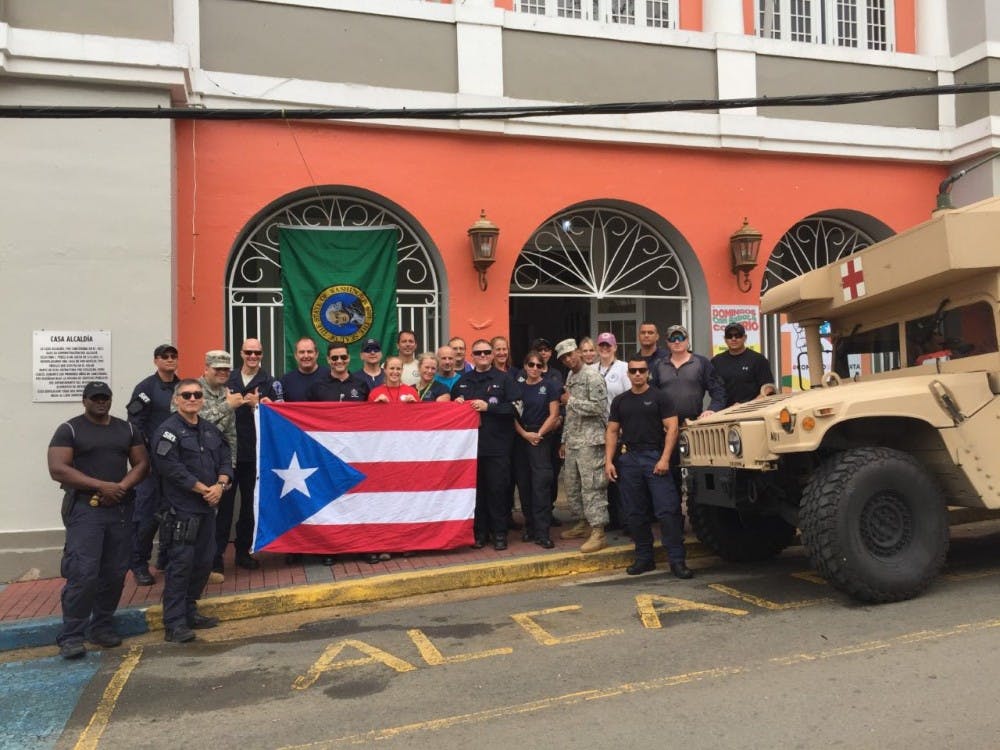Jennifer Kelly, a critical care pharmacist at UNC who works in the emergency department, has combined her medical training with a passion for service. As a member of the Disaster Medical Assistance Team under the Federal Government, Kelly was able to serve communities affected by Hurricane Irma and Harvey. University Desk staff writer Brooke Bauman, sat down with her to talk about her experience.
The Daily Tar Heel: How did you become involved with the disaster medicine team?
Jennifer Kelly: So I took a disaster medicine course during pharmacy school at the University of Georgia and I got recruited out of that. I joined the team back in 2010 just as a pharmacy tech when I was still in school and then when I graduated, I switched over to being a pharmacist.
DTH: So can you kind of walk us through your experience in Puerto Rico and what that was like?
JK: We went to a small town called Comerio, which is in the mountains. It’s actually where the eye of the hurricane went through so people’s homes were completely destroyed: no food, water, electricity, things like that. We pretty much had to go house to house: that’s how people spread the word, because there was no newspaper, internet, no way to notify people that we were even opening a clinic.
It was pretty much basic medical care, getting people access to their long-term medications. We didn’t have to deal a lot with the acute injuries that you think of with a disaster. Like you’d think you’d have a lot of broken legs, things like that. We had a few skin infections, things like that, but for the most part, it was people that had heart failure or things like that that we took care of and gave access to care for.
DTH: And so what did you learn from the experience?
JK: One thing I took away was that I think it would have been a very different response if this had happened on the mainland in the United States. They are so community-driven that before the storm hit, they knew whose house was sturdiest so they all went over to that house. My experience in Houston was very different than that. In Houston, we actually set up at the big shelter that was housing everybody. Most of the hospitals were quasi-running so we would just send like the really sick people there, but it was just a lot of psych stuff because people were really stressed out and depressed. We had a lot of drug overdoses because people, they’re addicted, they go without supply for a while and then when they start getting their supply back in, they get addicted like that.
DTH: So how will you use your experience in future crises?




